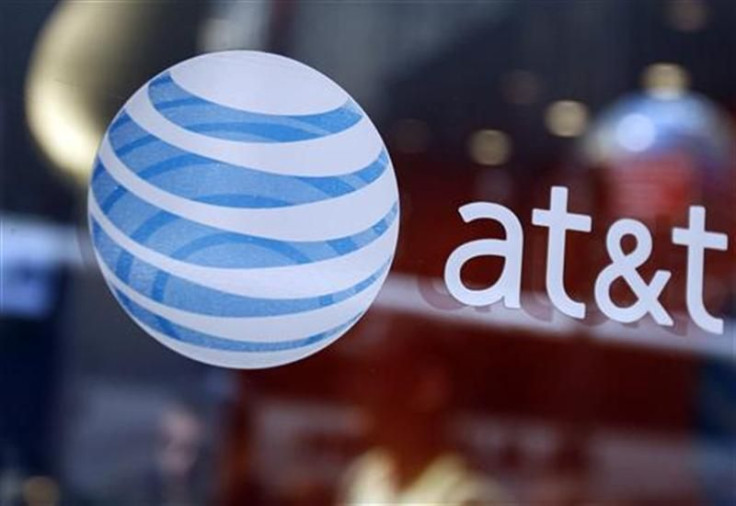AT&T Challenges FCC Once Again on Spectrum Auctions

AT&T is taking on the Federal Communication Commission once again.
In a company blog post, AT&T Senior Executive Vice President James Cicconi called on Congress to deny giving the FCC the power to choose who can purchase spectrum in the agency's potential auction of licenses.
In our experience, any time a regulatory agency seeks unfettered discretion -- that is the best reason Congress should not give it to them, Cicconi wrote.
Legislation is currently going through Congress that would allow the FCC to auction bandwidth, or spectrum, that currently belongs to broadcasters. Wireless carriers such as AT&T would likely bid on the spectrum since telecommunications companies are struggling to provide enough of the spectrum in order to meet the data demands for a rapidly growing smartphone consumer base.
The legislation currently mandates that the FCC sell the spectrum to the highest bidder. But opponents of the legislation, mostly Democrats, contend that the FCC should have the power to deny sales if the agency is worried that large telecommunications companies would take too much control of the bandwidth.
AT&T may have reason to be worried about the Democrat's proposal. There has been significant tension between the FCC and AT&T after the agency in November called for an administrative hearing on the telecommunications company's plan to purchase T-Mobile USA for $39 billion. In a detailed report, the FCC dismissed claims by AT&T that it needed the additional spectrum from T-Mobile, and the agency denounced the potential merger as bad for consumers.
Following the FCC's opposition and a separate lawsuit from the U.S. Department of Justice, AT&T eventually backed off its merger plans.
FCC Chairman Julius Genachowski, a vocal critic of the merger, said the agency should best determine who is eligible to purchase bandwidth.
A broad range of America's top experts on auctions agree that it would not be wise to prejudge or micromanage FCC auction design and bandwidth plans, Genachowski said Wednesday while at the Consumer Electronics Show in Las Vegas. Doing so could significantly diminish the value of spectrum auctions, and stifle mobile innovation.
But Cicconi wrote in his post that this would equate to the agency choosing winners and losers instead of serving as a neutral arbiter.
The entire principle behind spectrum auctions is to allow free and competitive markets to work, thus ensuring that valuable spectrum goes to the most economically viable use, he wrote.
When consumers are able to make decisions in a free and competitive market -- and wireless is clearly that -- the FCC should not be allowed to impose its own will if it doesn't like the choices consumers make.
© Copyright IBTimes 2024. All rights reserved.





















